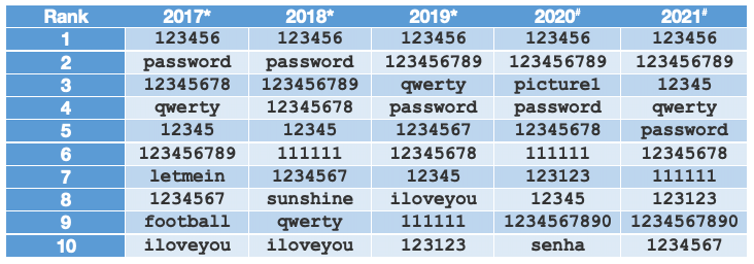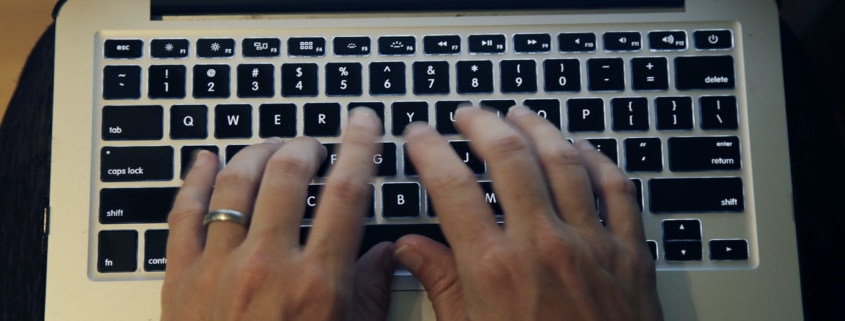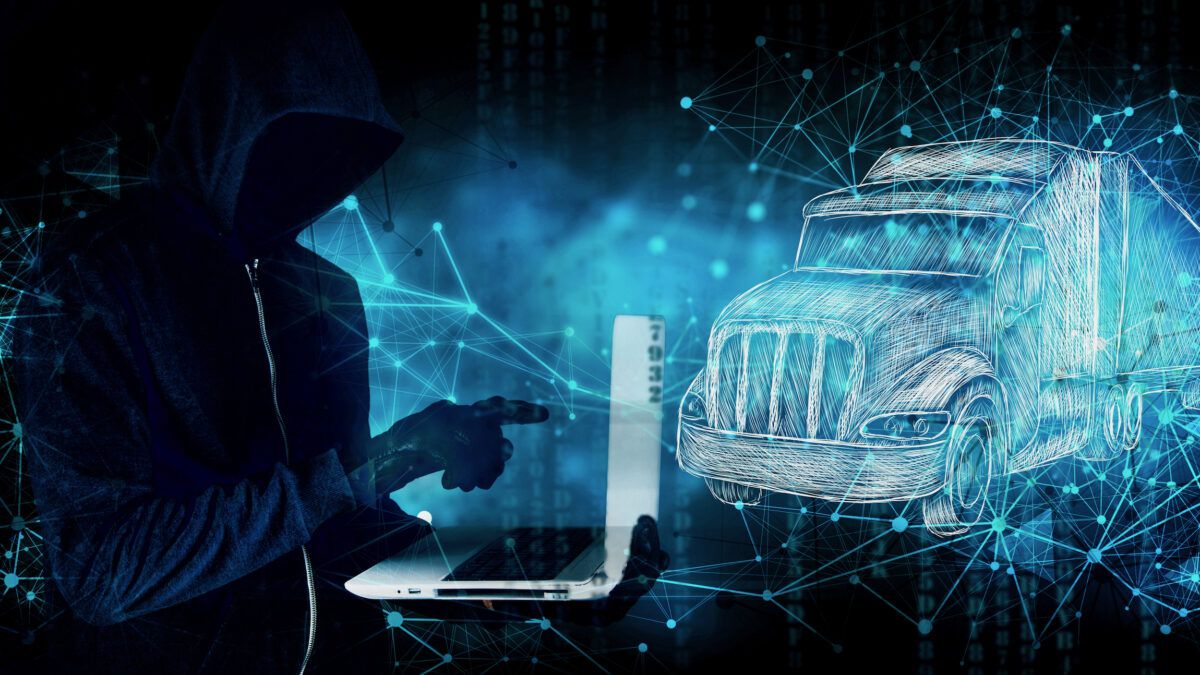This New Year, why not resolve to ditch your dodgy old passwords?
Most of the classic New Year resolutions revolve around improving your health and lifestyle. But this year, why not consider cleaning up your passwords too?
We all know the habits to avoid, yet so many of us do them anyway: using predictable passwords, never changing them, or writing them on sticky notes on our monitor. We routinely ignore the recommendations for good passwords in the name of convenience.
Choosing short passwords containing common names or words is likely to lead to trouble. Hackers can often guess a person’s passwords simply by using a computer to work through a long list of commonly used words.
The most popular choices have changed very little over time, and include numerical combinations such as “123456” (the most common password for five years in a row), “love”, keyboard patterns such as “qwerty” and, perhaps most ludicrously, “password” (or its Portuguese translation, “senha”).

Experts have long advised against using words, places or names in passwords, although you can strengthen this type of password by jumbling the components into sequences with a mixture of upper- and lowercase characters, as long as you do it thoroughly.
Read more:
A computer can guess more than 100,000,000,000 passwords per second. Still think yours is secure?
Complex rules often lead users to choose a word or phrase and then substitute letters with numbers and symbols (such as “Pa33w9rd!”), or add digits to a familiar password (“password12”). But so many people do this that these techniques don’t actually make passwords stronger.
It’s better to start with a word or two that isn’t so common, and make sure you mix things up with symbols and special characters in the middle. For example, “wincing giraffe” could be adapted to “W1nc1ng_!G1raff3”
Read more:
Choose better passwords with the help of science
These secure passwords can be harder to remember,…


